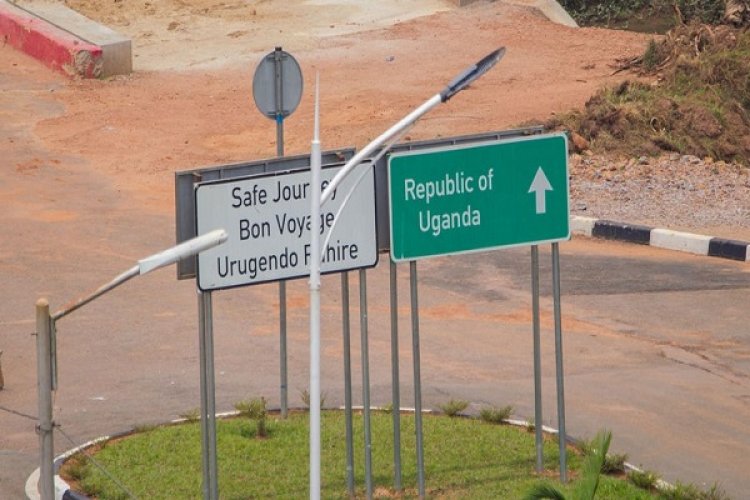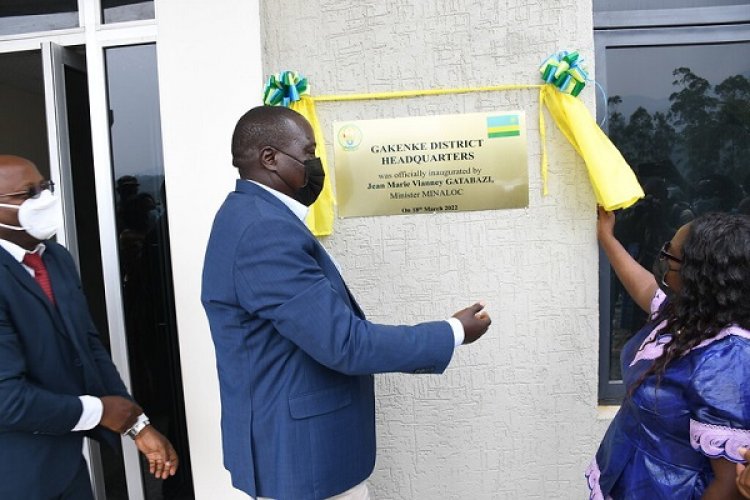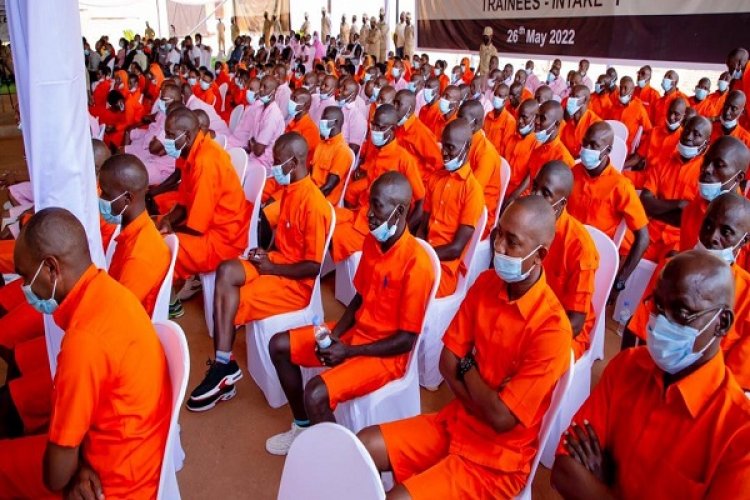The deadly floods that hit parts of Rwanda, DR Congo and Uganda over the past week exposed, yet again, the injustices resource poor nations on the African continent suffer in tackling raging global climate crisis.
Industrialized nations that have historically released emissions responsible for the climate change to date were conspicuously out of the picture in conversations on response that ensued the recent disasters in which Rwanda and DR Congo lost 131 people and over 170 people respectively.
Beside loss of lives, the floods left behind a trail of assets and infrastructure damages that will cost millions of dollars to repair across all affected regions.
Climate refugees
Hundreds of families, mostly smallholder farmers, whose land parcels and crops were washed away by rains are with nothing to fall back on, and risk ending up on the move in search of survival, further fueling a rise in climate refugees’ numbers on the continent.
ALSO READ: Govts in Africa mull migration policy changes to cater for climate refugees
This is too heavy burden to endure for countries or communities across Africa that contribute insignificantly to climate change responsible for recurrent waves of disasters in form of extreme storms, floods, droughts and others.
For instance, Rwanda — which contributes estimated 0.003 per cent of global emissions, according to the World Bank — has been paying dearly each year for both actions and inaction of world industrialized nations.
It is not alone. All the 54 nations that make up Africa accounts for about 4 per cent of the global emissions on annual basis, yet they carry one of the heaviest burden of climate induced-adverse weather events that strike each year and most suffer shortage of resources to cope.
It’s unfair for the World to see these disasters in the prism of mere isolated adverse weather changes that befell communities… from nowhere, definitely failing to point out injustices that nations at the forefront of the crisis suffer and demanding accountability.

The prevailing narrative angers local climate activists who maintain that what happened last week are harms inflicted on local communities by industrialized nations, and demand to see the latter pay for the damages whenever disasters of similar nature occur anywhere on the continent.
This is especially critical in view of ever-rising toll of disasters with predictions pointing to escalation of natural disasters to levels never seen in many decades across regions of Africa.
ALSO READ: Activists talk tough on climate reparations, injustices
Forums such as United Nations’ climate negotiations and others where such issues are discussed have done little to attend to the plight of real faces of the climate crisis and end prevailing climate injustices altogether.
Even financial pledges by historic emitters to help embark on mitigation and adaptation remain largely unmet.
Negotiations to mobilise the so-called loss and damage finance seemed to take shape last year at UN climate negotiations (COP27) in Egypt, but it’s not clear how long affected communities will wait.
Now eyes are on the upcoming climate negotiations (COP28) in United Arab Emirates later this year to deliver change.
Inaction will, according to experts at Intergovernmental Panel on Climate Change (IPCC), foment the worst for vulnerable communities across parts Africa where the climate change effects increasingly worsened to levels mitigation or adaptation alone cannot offer protection.
ALSO READ: COP27: African youth issue list of demands










